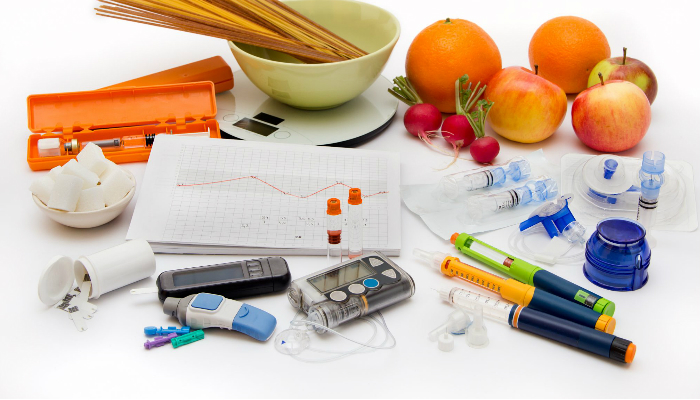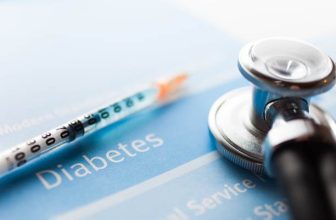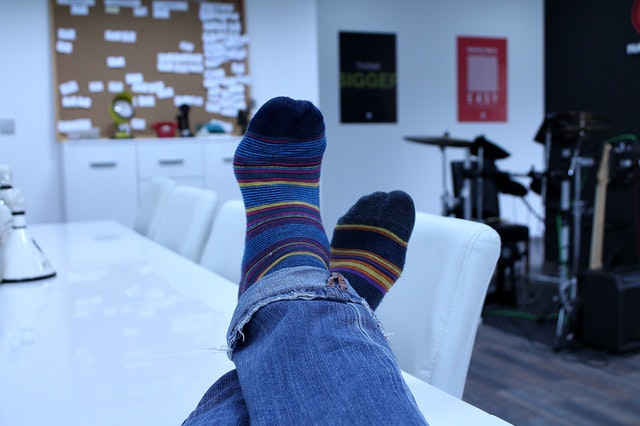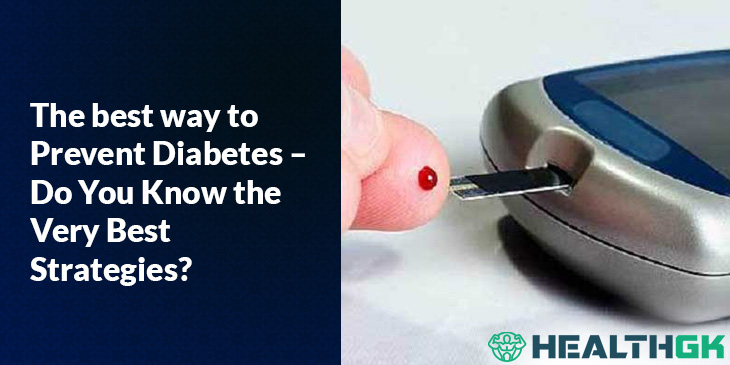
Diabetes is growing dramatically in India with 72 million cases being reported in 2017. Over 20% of the elderly in India are afflicted by this lifestyle disease. Reasons for these are physical inactivity, obesity, lifestyle habits and above all, ageing.
Ageing and Diabetes
Yes, ageing does have an impact on the sugar metabolism of adults. With age, our body’s metabolism slows down and the beta-cell function declines to cause insulin resistance. This increases the risk of developing Type- 2-diabetes. Moreover, age causes loss of muscle mass and obesity due to physical inactivity and this, in turn, escalates the risks of diabetes. In fact, Type-2-diabetes is 12 times more prevalent in elders aged about 65-74 than the youngsters under 40.
Diabetes in Seniors – The Symptoms
In elders, diabetes is diverse and must be handled individually. The symptoms vary from one elder to another and the only distinction that can be made is the age at which they develop this disease.
Diabetes often goes unnoticed in elders as its symptoms of confusion, dizziness, urinary incontinence and nocturia are non-specific and can be easily mistaken for something else. The typical symptoms of diabetes like hunger, thirst and frequent urination are clearly evident only when plasma glucose is less than 200mg/dL.
High glucose levels may be characterized by blurred vision, weight loss, dehydration etc. A reduced cognitive function is also a typical sign of hyperglycemia or “high blood sugar” in elders. Lower levels of hyperglycemia or “low blood sugar” does not exhibit any specific symptoms in patients like weight loss or infections in skin, mouth etc.
Elders who develop diabetes in their later years often have normal fasting glucose levels but high postprandial hyperglycemia. Diabetes is a part of the metabolic syndrome which affects seniors aged beyond 50 and is the cause of many deaths due to development of associated vascular diseases.
Screening the fasting plasma glucose level once in every 3 years is strictly recommended for elders above 45 years. Individualized management is the best for diabetes due to its specific complications that vary from individual to individual.
Diabetes Management by Seniors
Despite all the differences, the common objective lies in controlling hyperglycemia and teach seniors to manage their diabetes themselves.
A Diabetes Prevention Research group by Knowler, Fowler and Barrett-Connor analyzed nearly 3234 people of a mean age of 51 years with poor glucose tolerance. Some of them were recommended with Metformin while others were asked to modify their lifestyle to achieve a 7% weight loss with nearly 159 hours of physical activity per week.
This study revealed that while the Metformin group showed only 31% improvement, the group which made lifestyle modifications showed a 58% lower incidence of diabetes which was truly phenomenal for elders above 60, the advantage of lifestyle modifications was still greater.
Goals for Diabetes for Seniors
The American Diabetes Association has hence set the following goals for diabetes for seniors. Firstly, their haemoglobin A1c level should be less than 7.0%. The pre-prandial blood glucose levels should be 90-130mg/dL and the bedtime level should be 110-150mg/dL.
Seniors should be taught to monitor their blood glucose levels and manage diabetes independently by themselves or with the help of caregivers. As people age, their blood sugar regulation mechanisms are weakened. Medications like beta-blockers tend to impair them more as they suppress the hypoglycemia symptoms. Elders are at more risk from hypoglycemia and must be made aware of its symptoms. Like dizziness, confusion, falls, etc.
Managing Diabetes
The best way for elders to manage diabetes is by diet, exercise, oral medications and insulin therapy.
Seniors must take the right diet with carbohydrate control through medication and not through diet depletion. Glycemic control can also be achieved in seniors by supplementing zinc, magnesium and Vitamins C and E.
Exercise is the right tool to combat diabetes as it reduces weight gain, blood pressure and insulin resistance while improving muscle mass and lipid levels. Elders must exercise daily for at least 30 min and especially at least 1-2 hours after a meal when the glucose levels are high.
Oral medication is prescribed to elders in the form of Metformin, Sulfonylurea or Alpha-glucosidase inhibitors. If this does not work well, insulin therapy is recommended. Insulin therapy is best recommended for hyperglycemic patients with renal or hepatic insufficiency. Before insulin therapy, the patient’s vision, dexterity, cognitive function etc. are analyzed. Usually, the best way to start is with an evening dose of NPH insulin.
The only way to help seniors manage their diabetes is to educate them about diabetes and teach them to do home-monitoring of their glucose levels using glucometers or test strips. This helps seniors to manage this disease without diminishing the quality of their life. Even talking glucometers are available for the visually-impaired seniors to manage this disease.
Managing diabetes is easy for seniors if they learn to become proactive by measuring their blood glucose levels at home, altering their lifestyle to an active one, balance their diet and take their diabetes medication on time followed by periodic check-ups at an expert hospital.



